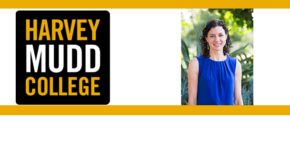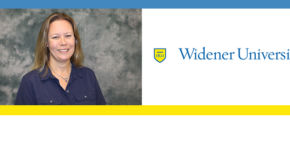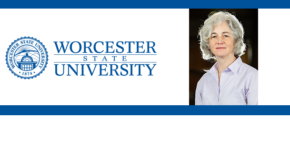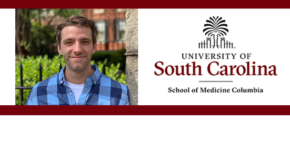Tag: Biology
-

Danae Schulz, Harvey Mudd College – New Ways to Stop a Deadly African Parasite
Parasites can be deadly for humans and animals alike. Danae Schulz, assistant professor of biology at Harvey Mudd College, describes how to stop one nasty bug. Danae Schulz is an assistant professor of biology at Harvey Mudd College in Claremont, California, where she teaches molecular biology and studies the African trypanosome, a protozoan parasite that…
-

Timothy Abraham, Utica College – Brain-Based Teaching to Improve Student Learning
There are different ways to teach students in higher ed, but which is best? Tim Abraham, assistant professor of physical education, exercise and wellness studies at Utica College, examines different approaches. Tim Abraham is an Assistant Professor of Physical Education, Exercise and Wellness Studies at Utica College. He earned his bachelor’s degree in Kinesiology from…
-

Julie Boland, University of Michigan – Your Brainwaves on Zoom
Are you tired of being on Zoom calls? Julie Boland, professor of psychology, linguistics, and cognitive science at the University of Michigan, explains why. Julie E Boland, PhD is a Professor in Psychology, Linguistics, and Cognitive Science at the University of Michigan. Her research seeks to understand the mental processes that support language comprehension and…
-

Erica Woodahl, University of Montana – Advancing Equity in Pharmacogenomics
On University of Montana Week: Access to the future of healthcare practices isn’t shared by all. Erica Woodahl, professor in the department of biomedical and pharmaceutical sciences, determines how to make sure everyone benefits. Erica L. Woodahl, Ph.D. is a Professor in the Department of Biomedical and Pharmaceutical Sciences and Director of the Skaggs Institute…
-

Jakki Mohr, University of Montana – Harnessing the Power of Biomimicry for Transformative Innovation
On University of Montana Week: We have a lot to learn from nature. Jakki Mohr, regents professor of marketing, describes one way to do so. Dr. Jakki Mohr is the Regents Professor of Marketing and the Poe Family Distinguished Faculty Fellow at the University of Montana. Her research focuses on challenges companies face in both…
-

Kate Goodrich, Widener University – The Pollination Biology of PawPaw
Are plants tricking insects into taking their nectar? Kate Goodrich, associate professor of biology at Widener University, explores. Kate Goodrich is an Associate Professor of Biology at Widener University. She earned a Bachelor’s degree in Theater prior to entering graduate school for botany, where she earned a Ph.D. in Plant Biology in 2007. She came…
-

Maura Pavao, Worcester State University – Fermenters as a Model System to Study the Lung and Gut Microbiomes
On Worcester State University Week: The human microbiome is important for our health. Maura Pavao, professor of biology, explains why. Native of Massachusetts, BS In Biotechnology from WPI and PhD in Microbiology and Molecular Genetics from Rutgers University as a NIH Biotechnology Training Fellow. Postdoctoral fellow at the Shriners Hospital/MGH and then working as a…
-

Jenny Lenkowski, Goucher College – What Human Medicine Can Learn From Fish Eyes
The eyes of fish could help us see the light again. Jenny Lenkowski, associate professor of biological sciences at Goucher College, explains why. After receiving her bachelor’s degree at Brown University, Dr. Lenkowski taught in China then worked as a research technician at Tufts Medical School before returning to graduate school. She completed her doctorate…
-

Tyler Anderson-Sieg, University of South Carolina – Our Strategically Lazy Brains
On this Student Spotlight: We are all busy, and so are our brains. Tyler Anderson-Sieg, PhD-student in neuroscience at the University Of South Carolina School Of Medicine, examines schemas and how they help us in a chaotic world. Tyler Anderson-Sieg received his B.S. in Biology and B.A. in Psychology from the University of Missouri –…
-

Nadia Singh, University of Oregon – How Organisms Cope with Environment Change
Can environment play a role in the diversity of offspring? Nadia Singh, associate professor of biology at the University of Oregon, looks to fruit flies to find out. Research topics: Evolutionary genetics, population genetics, population genomics. Causes and consequences of recombination rate variation and mutation rate variation. How Organisms Cope with Environment Change That sexual…
